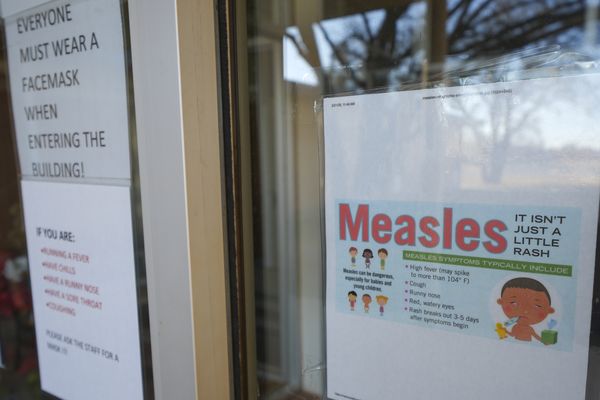GameStop (GME) shares moved lower Tuesday, marking the unofficial one-year anniversary of its extraordinary 'meme stock' rally that rattled Wall Street and birthed a new era of retail investing influence.
Following a series of steady, low-volume gains early last year, GameStop shares jumped 18% on January 25th, another 92% the following day and 134% on January 27th, when the stock closed at a still-record high of $347.51 each, valuing the money-losing video game retailer at $22.67 billion.
The gains prompted sustained rallies in off-the-run stocks such as AMC Entertainment (AMC), Kohl's (KSS) and Bed Bath & Beyond (BBBY), triggered Congressional hearings on the fair treatment of retail investors by Wall Street hedge funds and market-makers -- including online brokerages such as Robinhood (HOOD) -- and a probe into stock price manipulation by the Securities and Exchange Commission.
GameStop, in fact, noted in its December earnings report that it received an SEC subpoena for documents linked to an earlier probe into trading activity linked to the stock.
What the gains didn't do, however, was provide enough capital for GameStop to begin turning a profit: despite raising $1.7 billion from new stock sales, generating $1.3 billion in revenues over the three months ending in October, hiring a new executive team -- and putting a star digital company chairman, Ryan Cohen, in place -- GameStop is still on pace to lose between $1.00 and $1.54 per share over its 2021 financial year, which ends in January.
"One year after the reckless meme-stock rally of late January 2021, the valuation of some of the most popular meme stocks, especially GameStop and AMC Entertainment, remain untethered from reality," said David Trainer, CEO of Nashville-based investment research group New Constructs. "GameStop shares could have roughly 59% downside ahead. Despite falling significantly from its peak in 2021, GameStop remains a dangerous stock."
"Investing in meme stocks carries reckless and unnecessary risk, which puts an investor’s portfolio in danger of potentially devastating declines," he added. "We don’t see a problem with paying a premium for a company producing strong profits, but none of the meme stocks are producing strong profits."
GameStop shares were marked 4.2% lower in early afternoon trading Tuesday to change hands at $95.96 each, a move that would peg the stock some 25% north of its January 25, 2021 closing price of $76.79.
As a result, short interest in GameStop remains notably elevated, according to recent data from S3 Partners, with combined bets against the group representing around $840 million, or 12.1% of the stock's outstanding float.
It's also been lucrative: so far this year, shorts have earned well over $300 million in mark-to-market profits as the stock has tumbled 32.5% since trading began on January 2.
Short sellers are investors who bet against a certain stock by selling them on various exchanges or platforms in the hope of buying them back at a lower price in the future and pocketing the profits.
Wall Street pros argue that short sellers provide several key functions in the market, including price discovery and additional liquidity, while critics counter that some rely on "predatory" practices that can damage companies and wipe-out small investors.
A detailed report from the SEC in October established that GameStop earned its meteoric 2021 rise as a result of positive investor sentiment, and not short-sellers, amid the meme-stock frenzy that began in January and pushed GameStop's market value to as high as $23 billion.
The SEC said that while short-sellers were active in betting against the stock, its rise was powered by investors who believe in the company -- and their use of 'game like' trading apps -- by professional traders scrambling to cover their short positions.
"Whether driven by a desire to squeeze short sellers and thus to profit from the resultant rise in price, or by belief in the fundamentals of GameStop, it was the positive sentiment, not the buying-to-cover, that sustained the weeks-long price appreciation of GameStop stock," the SEC said.
The report did not, however, address issues related to alleged market manipulation on social media websites or whether pressure was applied to online trading firms such as Robinhood to restrict access to certain stocks during the height of the meme-trading frenzy.







